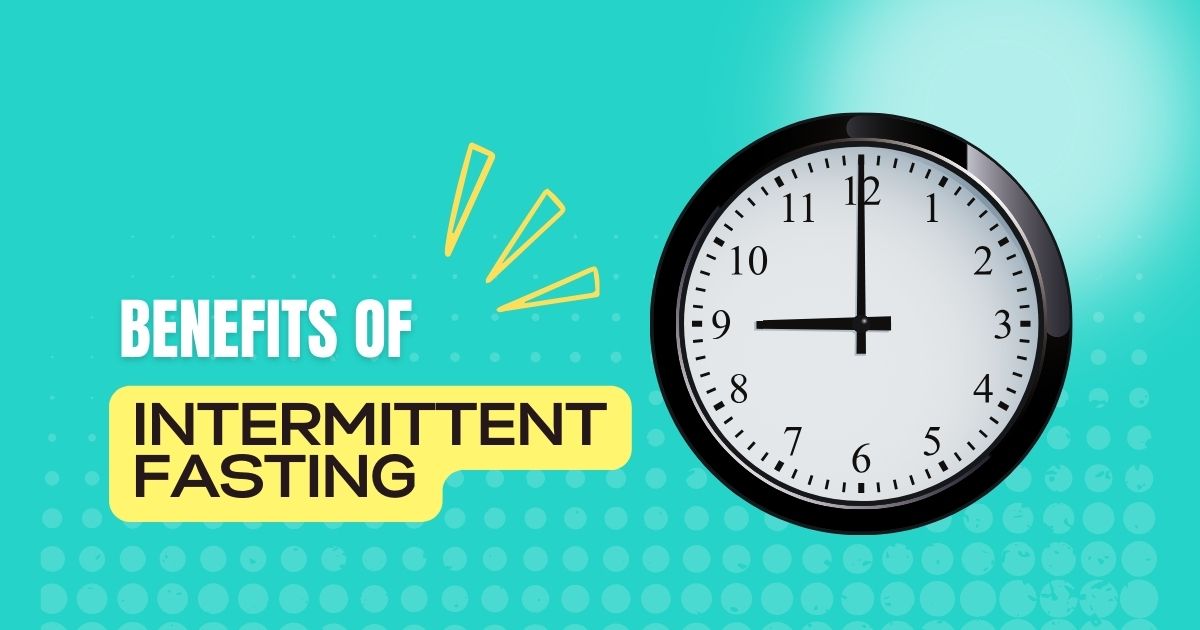What is Intermittent Fasting?
Intermittent fasting (IF) is more than just a weight-loss trend; it’s a lifestyle choice that many women are adopting for its myriad potential health benefits. At its core, intermittent fasting involves cycling between periods of eating and fasting, significantly impacting how your body processes and utilizes food. While there are various approaches to IF, such as the 16/8 method or 5:2 diet, the key is finding a rhythm that aligns with a woman’s unique physiological needs.
The Biological Impact of IF on Women
The conversation around intermittent fasting often overlooks how it uniquely affects women, especially concerning hormonal balance and reproductive health. Unlike men, women may experience more pronounced changes in response to fasting due to their complex endocrine system. For instance, fasting can influence kisspeptin levels, a crucial player in the reproductive process, potentially disrupting the menstrual cycle and impacting fertility.
Furthermore, the female body’s sensitivity to nutrient balance shifts during fasting periods might trigger various responses, such as altered leptin, insulin, and ghrelin hormone levels, which regulate hunger and satiety. These changes underscore the importance of a cautious approach to IF for women, particularly those of reproductive age.
Mindful Fasting: A Gentle Approach for Women
Given these sensitivities, it’s crucial for women to adopt a more measured approach to intermittent fasting. Experts suggest starting with milder fasting intervals, such as a 12-hour fast, and gradually increasing the duration if well tolerated. Timing these fasting periods to align with one’s menstrual cycle can also help mitigate potential hormonal disruptions, making the practice more sustainable and beneficial in the long run.
Weight Management and Fat Loss
- Energy Deficit and Weight Loss: By naturally reducing your caloric intake through designated fasting periods, IF can help establish an energy deficit, leading to weight loss. The shift to fat burning during fasting can contribute to fat loss while preserving muscle mass.
- Mindful Eating: IF encourages more mindful food choices during eating windows, promoting a healthier relationship with food and preventing overindulgence.
Heart Health and Reduced Inflammation
- Cholesterol and Blood Pressure: Intermittent fasting has been shown to improve markers of heart health, including cholesterol levels and blood pressure.
- Inflammation: Reducing chronic inflammation through IF can contribute to lowering the risk of heart disease and other inflammation-related conditions.
Insulin Sensitivity and Diabetes Risk
- Improving Insulin Sensitivity: IF can enhance insulin sensitivity, reducing the risk of type 2 diabetes, a significant concern for many women.
- Metabolic Benefits: Regular fasting periods help regulate blood sugar levels, contributing to metabolic health and potentially reducing diabetes risk.
Cognitive Benefits and Mental Health
- Brain Function: Studies have suggested that IF may boost cognitive function, enhancing memory and focus.
- Mental Well-Being: The practice can also have positive effects on mental health, reducing stress and improving mood.
FAQs on Intermittent Fasting for Women
How does IF differ for premenopausal and postmenopausal women?
- Premenopausal women should be cautious with IF due to its potential impact on hormonal balance. Postmenopausal women, however, may find IF particularly beneficial for managing weight and improving insulin sensitivity.
Can IF affect fertility in women?
- Yes, IF can impact hormonal balance, which in turn could affect fertility. Women considering pregnancy should consult with a healthcare provider before starting IF.
What are the best fasting schedules for women?
- A gentle approach, such as a 12-hour fast, is often recommended to start, with the possibility to extend gradually as tolerated.
Are there any women who should avoid IF?
